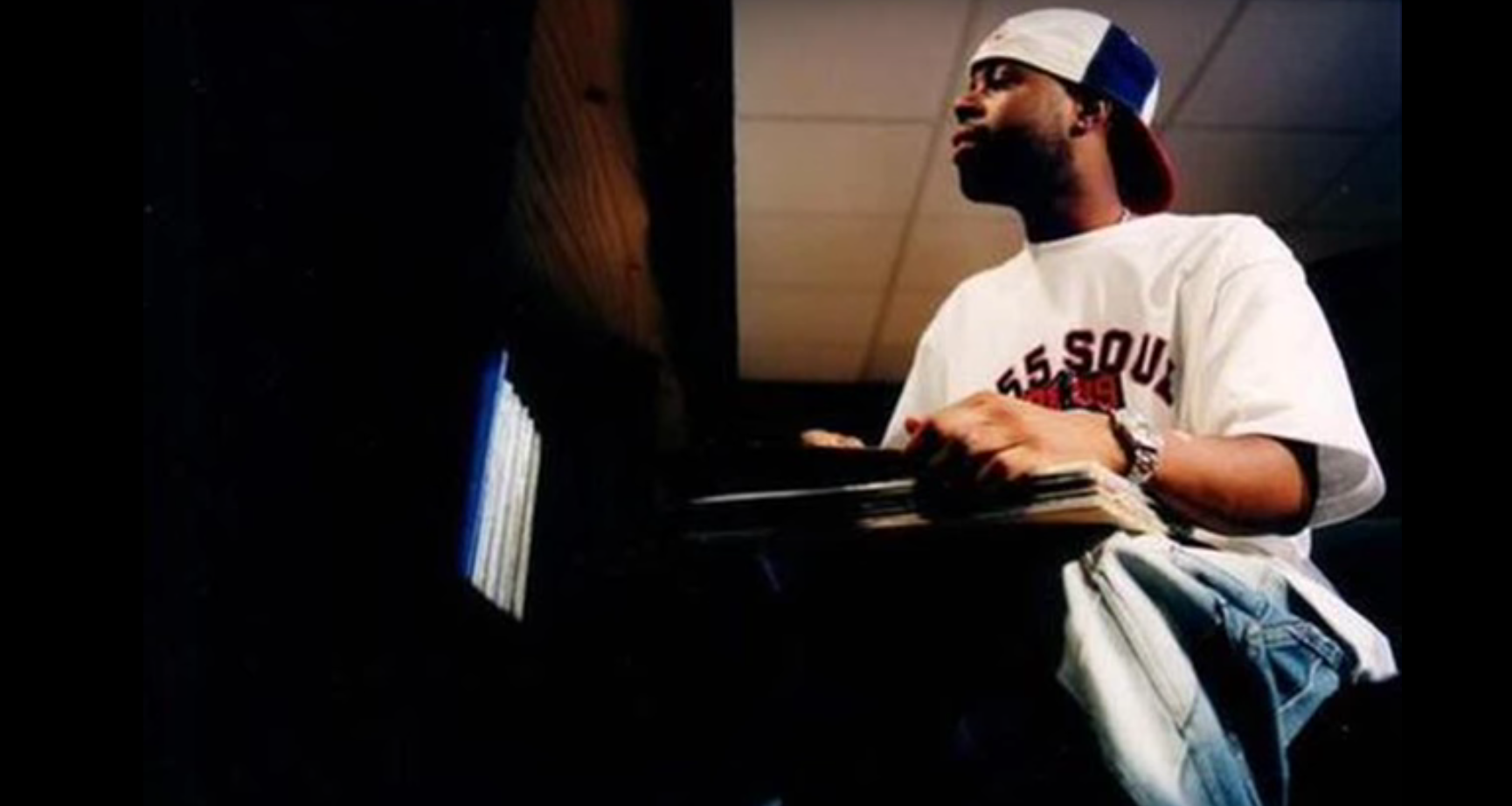In an interview for the 2014 documentary Our Vinyl Weighs a Ton, a film about Los Angeles hip-hop record label Stones Throw Records, Kanye West was asked about legendary rap producer J Dilla’s music.
“Dilla, every time, it’s like that kick just sat so perfectly and the swings, the shuffles on his beats, the snare choices, the way he sampled shit — it just sounded like, felt like drugs. His music just sounded like good pussy,” Kanye said before pausing awkwardly to reconsider his word choice.
While J Dilla’s beats, which backed ’90s hip-hop favorites such as Busta Rhymes, De la Soul and Common, have been immortalized even after the producer’s tragic death in 2006, his work as a rapper hasn’t garnered the same legacy — perhaps simply because there’s less of it to listen to.
But with the rapper/producer’s latest posthumous release, The Diary, the details of his double threat are sharper than ever. While other postmortem J Dilla releases, like last year’s Dillatronic, were mostly long, unwieldy collections of forgotten, half-finished beats, The Diary is a fully fledged rap album that features Dilla as the primary MC and many of his high-profile production colleagues behind the boards. Originally intended as a major label rap release in 2002, it was shelved and released more than a decade later.
So unsurprisingly, The Diary is a slice of cryogenically frozen hip-hop in all its funky, early-2000s glory. A quick look at the guests (Snoop Dogg, Kokane and Nottz) and producers (Hi-Tek, Madlib and occasionally Dilla himself) should make it clear that, despite its release date, this is not a modern rap record. But as a testament to Dilla’s legacy as a producer and rapper, The Diary is a surprisingly fresh, if slightly unfinished, album.
Even if Dilla only solo produced four of the songs on the album, his fingerprints are all over its sound. The swings and shuffles that Kanye worshipped? They’re here. So is that perfect kick. It never strays into the experimental electronic territory of other Dilla posthumous work — this is a rap album through and through, but it’s also a damn danceable one. Early highlight “The Shining Pt 1 (Diamonds)” is a funky slab of “bling, bling” hip-hop featuring a gorgeous R&B hook and a head-bobbing, dancefloor-packing bassline. “Give Them What They Want” features an equally groovy instrumental and catchy chorus begging to be included in club DJ sets.
But if it seems like, for a rap album, the rapping on the record isn’t the highlight, that’s because it isn’t. Not that Dilla isn’t a talented rapper — he’s more than serviceable — but on The Diary, his flows don’t do much more than complement the incredible beats. He definitely has his moments — the “I’m having sex with your girl” anthem “The Creep (The O)” features a number of brilliantly sleazy lines such as “They get nasty like a storyline on Dawson’s Creek” over a slinking, late-night instrumental.
The harder songs on the record — “Fight Club” and “Gangsta Boogie” — see Dilla changing his rapping accordingly. But while the lyrics are more aggressive repetitions of gangster rap tropes — “Dilla with the capital letters/ Niggas deliver it good, Dilla just be rappin’ it better” — the actual rapping remains pretty middle-of-the-road. Dilla can spit when he wants to, but on many of The Diary‘s tracks, his mantra as a rapper is pretty simple — find a flow and stick with it. If anything, the rapping calls into question the album’s title: The Diary is neither particularly personal or an account of his life. In fact, Dilla’s magnum opus Donuts did both better without ever uttering a word.
However, the predictability and simplicity make The Diary an easy listen. At just under 40 minutes, featuring several unfinished-sounding sketches of songs, it’s a short, enjoyable look at a side of Dilla rarely showcased in his previous work. And while some of the rapping proves why he was best known as a producer, The Diary also has the distinction of being Dilla’s best posthumous album to date. Because, unlike the many compilations of his work that exist, The Diary is a real album, made by Jay Dee to be heard by his fans. And 14 years later, it finally can be.



